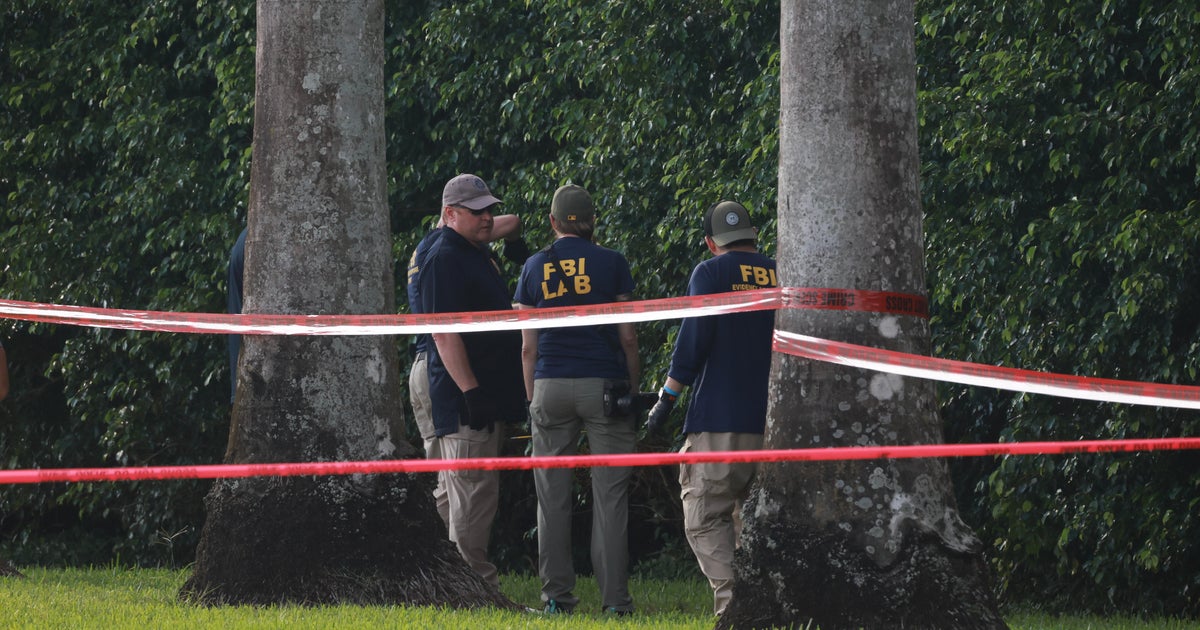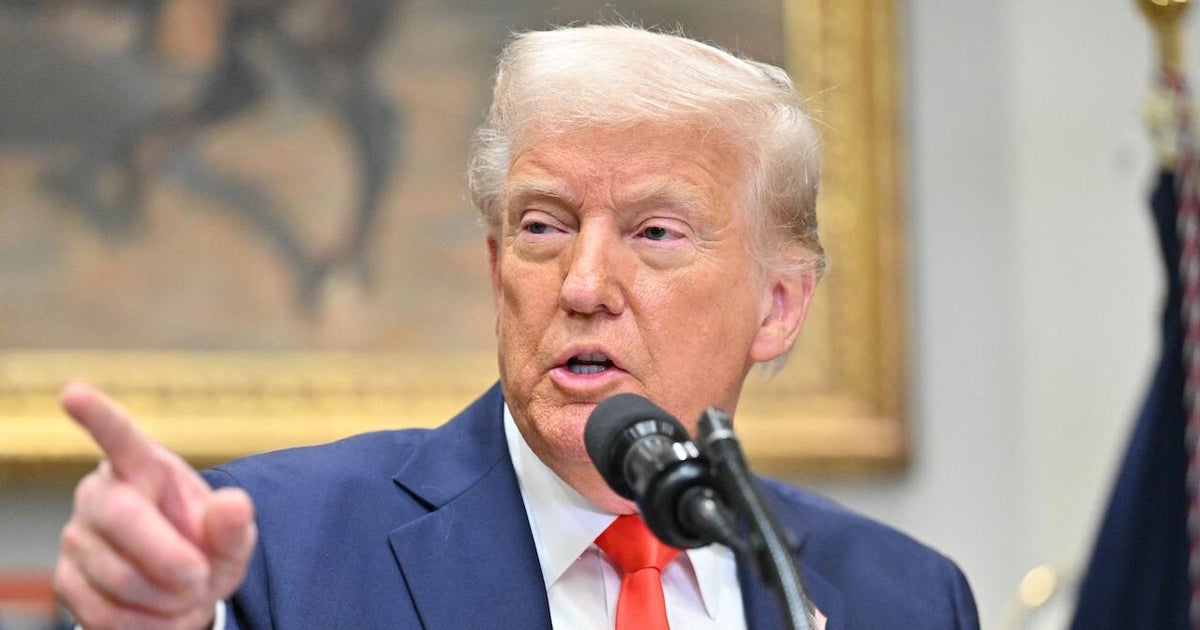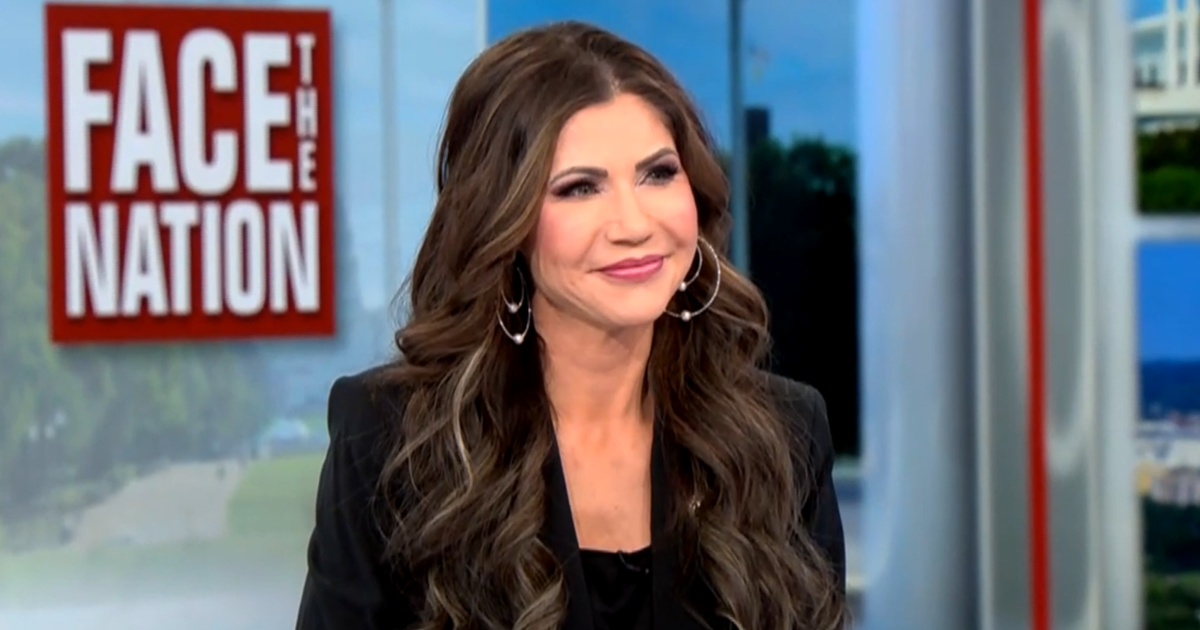How CBS News covered Joe Biden's first presidential announcement in 1987
Former Vice President Joe Biden is expected to launch is third bid for president on Thursday, just under 32 years after he announced his first run for president on June 9, 1987 in Wilmington, Delaware. CBS News reporter Lem Tucker, who died in 1991, described Biden in a report about his announcement as "having a reputation as maybe the best order in the Senate -- but a long-winded one."
"Biden comes in behind most other Democrats in the early polls, but has a well-respected staff and more importantly, has raised far more money than any of his other competitors," Tucker said in his report.
Biden jumped into the presidential race in 1987 at 44 years old. If he had won, he would have been the second-youngest president elected ever after only John F. Kennedy (Teddy Roosevelt, the youngest president, took office at the age of 42 after William McKinley was assassinated).
Biden will enter the 2020 race with a lead in the polls, but on "CBS Evening News" the day of Biden's 1987 announcement, CBS News' Bob Schieffer said Biden had said only one week before that "no one knows me."
Despite his age, Biden had already served 15 years in the Senate, and as Tucker noted, was the chairman of the Judiciary Committee. "But he is criticized by some in his party for being the senator of themes, not substance," Tucker said.
"Biden rejects that criticism, but today, oratory and themes were very much on display," Tucker noted.
Democratic political consultant Harrison Hickman gave a similar analysis in the report. "His weak points are a lack of legislative record, and a somewhat skeptical acceptance into whether he has ideas as big as his words or his mouth," Hickman said.
Biden's candidacy in 1987 only lasted three months. On Sept. 23, 1987, he dropped out of the race after plagiarizing a speech he delivered in Iowa two weeks earlier. He was also caught on camera making exaggerated claims about his college record.
Twenty years later, Biden jumped into the 2008 presidential race as a seasoned senator, having served as the chairman of the Senate Foreign Relations Committee. But he still suffered from a habit of gaffes and focused heavily on a nuanced plan to end the Iraq War that failed to resonate with Democratic voters. Eventually, he dropped out on Jan. 4, 2008, after he received less than one percent support in the Iowa caucus.
"I am not going anywhere," he said when he dropped out. "I will be fighting for the United States."
Eight months later, then-candidate Barack Obama chose Biden as his running mate.




